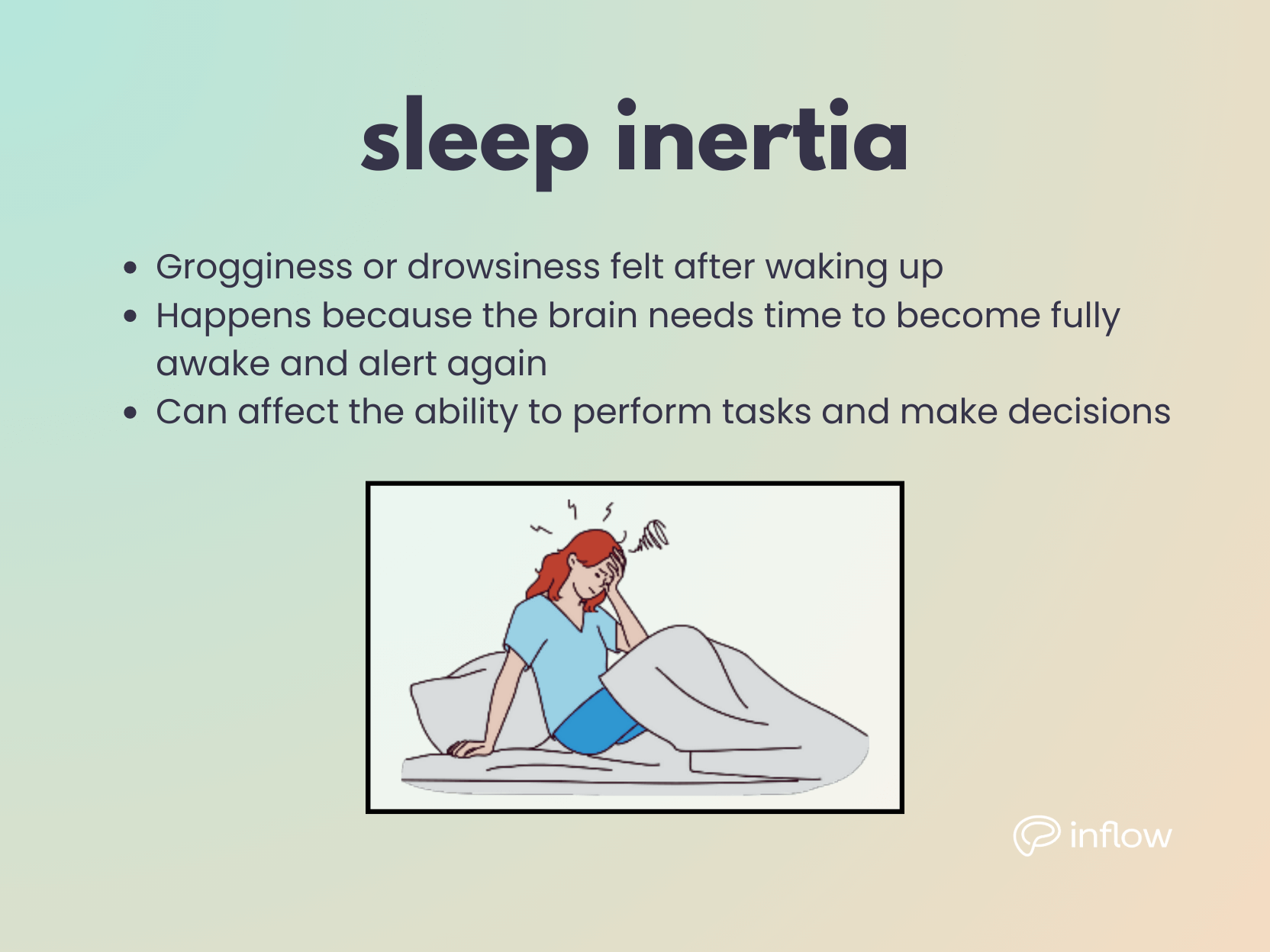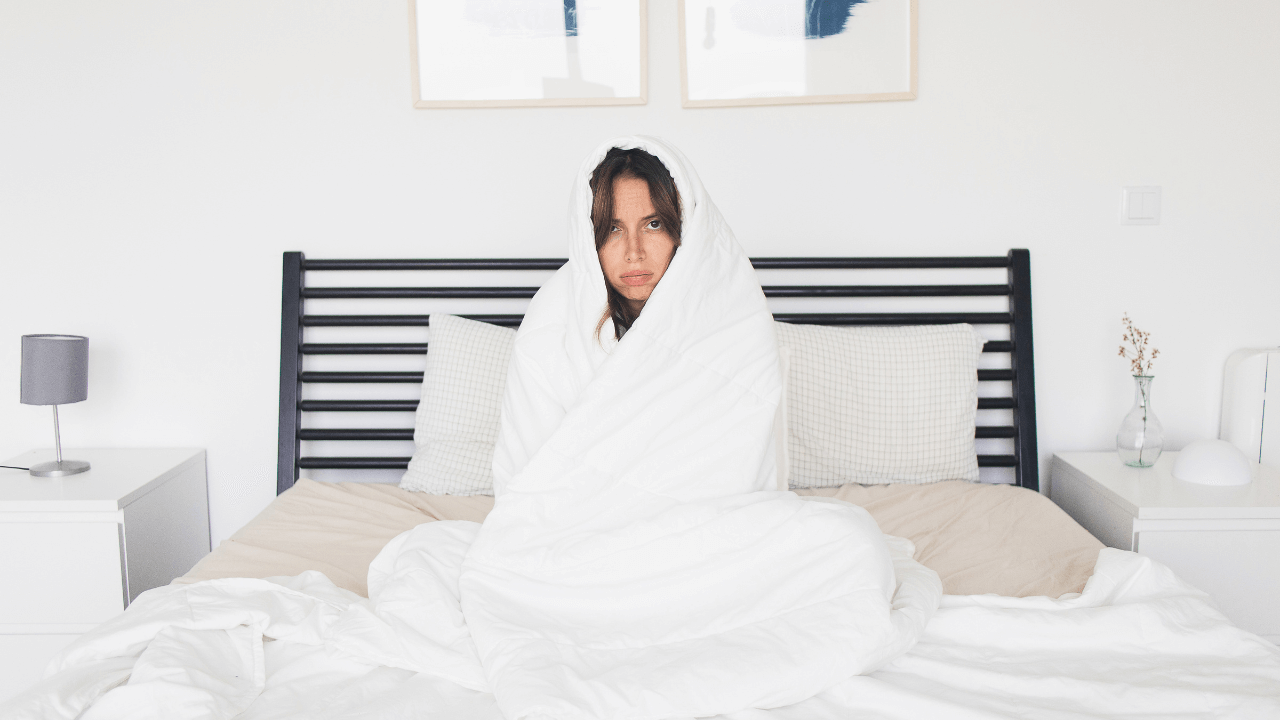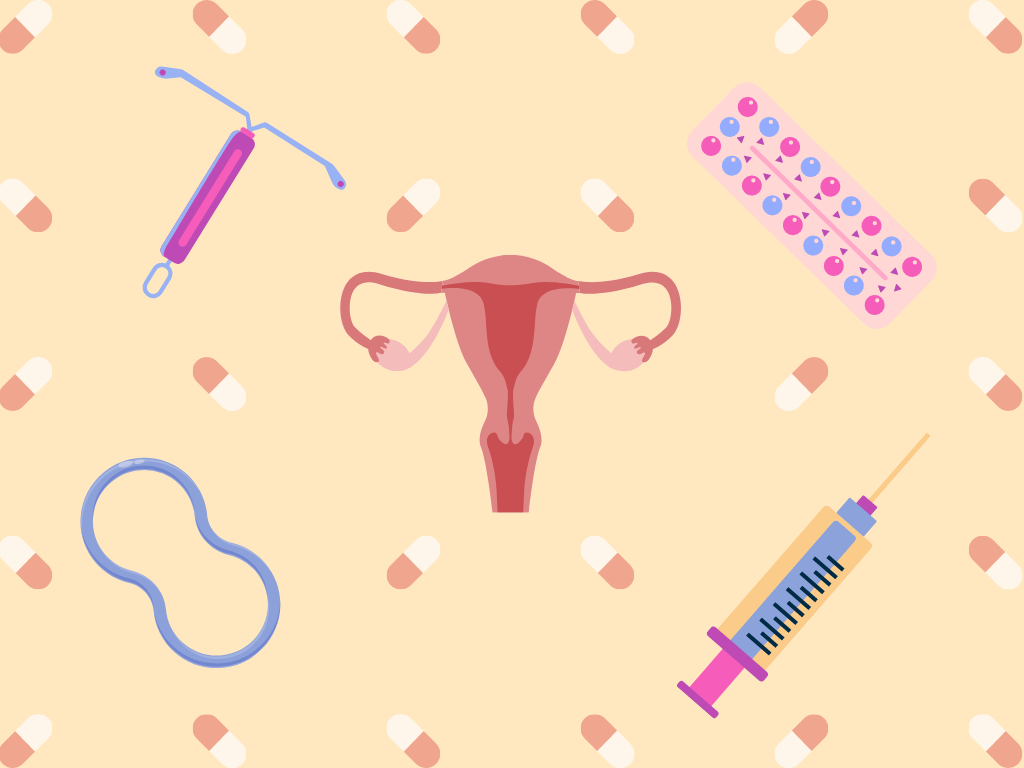Do you ever think you could be more productive if only you woke up at a specific time every day? Maybe you’re like me and set a very ambitious alarm every night only to hit the snooze button until my typical wake-up time every single day.
You’re not alone! People with ADHD frequently struggle with getting out of bed and breaking their habit of sleeping in.
We’re not always the best at transitions, but here are some ways to get out of ADHD bed-lock faster and start our day in a better mood.
Too long; didn’t read
- People with ADHD are more likely to stay in bed longer after waking up because of analysis paralysis and sleep deprivation.
- Our chronotype and circadian rhythm determine whether we’re likely to be night owls or early birds.
- Developing a bedtime routine and (actually) going to sleep when we’re tired are just two of the four strategies we discuss to get out of bed faster.
Why is it so hard to get out of bed?
Up to 55% of people with ADHD deal with sleep disturbances.1 Although sleeping problems and ADHD are linked, research hasn’t determined an apparent reason why.
Sleep deprivation symptoms in ADHDers
- Taking a long time to fall asleep
- Consistently feeling tired after waking up2
- Frequent movement during sleep
These behaviors can make it even harder to get out of bed at a reasonable time and make us unable to transition out of sleep and into the day.
Experts think ADHD symptoms (e.g., hyperactivity, analysis paralysis, or restlessness) and ADHD medications can exacerbate insomnia. ADHDers with comorbid conditions are also more likely to experience sleep problems.
Comorbid conditions linked to sleep issues
- Bipolar disorder
- Autism
- Post-traumatic stress disorder (PTSD)
- Anxiety
- Depression
- Restless legs syndrome (RLS)
Sleep inertia and our chronotype

ADHDers who don’t sleep enough are more likely to linger in bed. Hitting snooze might feel good for a moment, but it usually leads to sleep inertia.
Also called “sleep drunkenness,” sleep inertia is the transitional state between sleep and wakefulness. Symptoms include impaired performance, reduced vigilance, and a desire to return to sleep.3 Sleep debt and circadian rhythm disruptions can exacerbate this.
Our chronotype influences the amount and intensity of sleep inertia we experience. If you’re an early bird, you might find it easy to wake up in the morning and have more energy. Night owls are more likely to have sleep inertia, especially on workdays when they have to get up earlier than ideal for their circadian rhythm.
For ADHDers who thrive at night, other behaviors such as hyperactivity, overthinking, ruminating, and impulsivity can lead to actions that limit sleep, increase anxiety, and cause us to ignore our basic needs.
4 tips to help you get out of bed in the morning
1. Develop a bedtime routine.
We know ADHDers aren’t always the best at sticking to goals. But - finding a simple, straightforward bedtime routine can improve our sleep quality and help us feel accomplished.
A consistent and realistic evening routine looks different for everyone, but a common recommendation is to turn off all electronics one hour before bedtime. Our devices can emit blue light that reduces melatonin production, making it harder to fall asleep after using them.
Also, avoid doing anything strenuous before bed. For example, avoid moderately intense exercises 1.5 hours before bed, and leave work activities or anything that would cause stress on your body for tomorrow.
Non-blue light ways to unwind at night:
- Knitting or crocheting
- Taking a bath
- Meditating to relax
- Reading a book for enjoyment
- Dimming the lights before you go to bed
- Listening to calming music
If you’re not a night owl, consider a morning routine to boost productivity and motivate you to get out of bed earlier.
💤 Bonus tip: For more suggestions on how to improve your sleep schedule, try out the 10-3-2-1-0 routine.
2. Actually go to sleep when you’re tired.

Do you find yourself going to bed at a set time, knowing you’ll probably be on your phone in an hour because you’re not tired? (Revenge bedtime procrastination, anyone?)
Sadly, I’ve been there too. However, going to bed when fully awake will only cause more sleep anxiety and leave us sleep-deprived in the morning.
When we listen to our chronotype and go to sleep when it works for us, we start to fall asleep faster and develop a consistent bedtime. Plus, going to bed when we’re tired gives our body a cue that our beds are meant for sleep, not activity.
3. Drink water immediately after waking up.
It sounds too easy, but drinking water when we wake up can rehydrate our bodies and give us the energy to get out of bed. Drinking a glass of water is more beneficial than drinking coffee because our bodies need oxygen after a night of sleep to refuel our brains.
Other benefits of drinking water in the morning include better memory and physical performance and a stronger immune system.
4. Try alarm clock training.
Some ADHDers can find it difficult to avoid hitting snooze when their alarm goes off. Why not train yourself to turn it off? This might sound silly, but bear with me for a moment -
Steps to start alarm training:
- Pick a time during the day when you feel most awake (e.g., noon). Then, go through the motions of your normal bedtime activities at that time, like putting on pajamas.
- Set your alarm clock for five minutes, leave it on the other side of the room, then get in bed and lie there until the five minutes are up.
- When your alarm rings, immediately get out of bed and turn it off. Repeat for a total of five times each day for seven days.
This helps you create a habit of associating your alarm with wakefulness and daylight—that way, when it rings, you’re not immediately hitting snooze. Additionally, putting your alarm clock in another room will make you get up to turn it off and eliminate the temptation to hit snooze mindlessly.
Final thoughts
Ask any ADHDer, and they’ll probably tell you they’ve faced sleep issues. Getting out of bed has always been a struggle for me, especially when I was sleep-deprived. Thankfully, what gave me hope was that I wasn’t alone in my analysis paralysis.
Don’t worry if you feel like nothing is working for you! Finding ways to get out of bed is tough, but if other ADHDers have found solutions to turn off their alarm on time, so can you.
-
Sources
1 ADHD Attention Deficit and Hyperactivity Disorders | Associations of sleep disturbance with ADHD: implications for treatment
2 Neuroscience and Behavioral Reviews | Sleep in adults with ADHD: Systematic review and meta-analysis of subjective and objective studies
3 Sleep Medicine Reviews | Waking up is the hardest thing I do all day: Sleep inertia and sleep drunkenness







